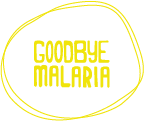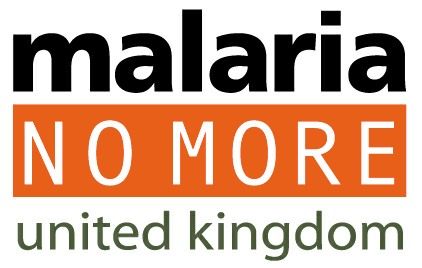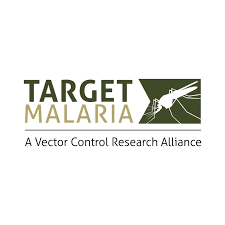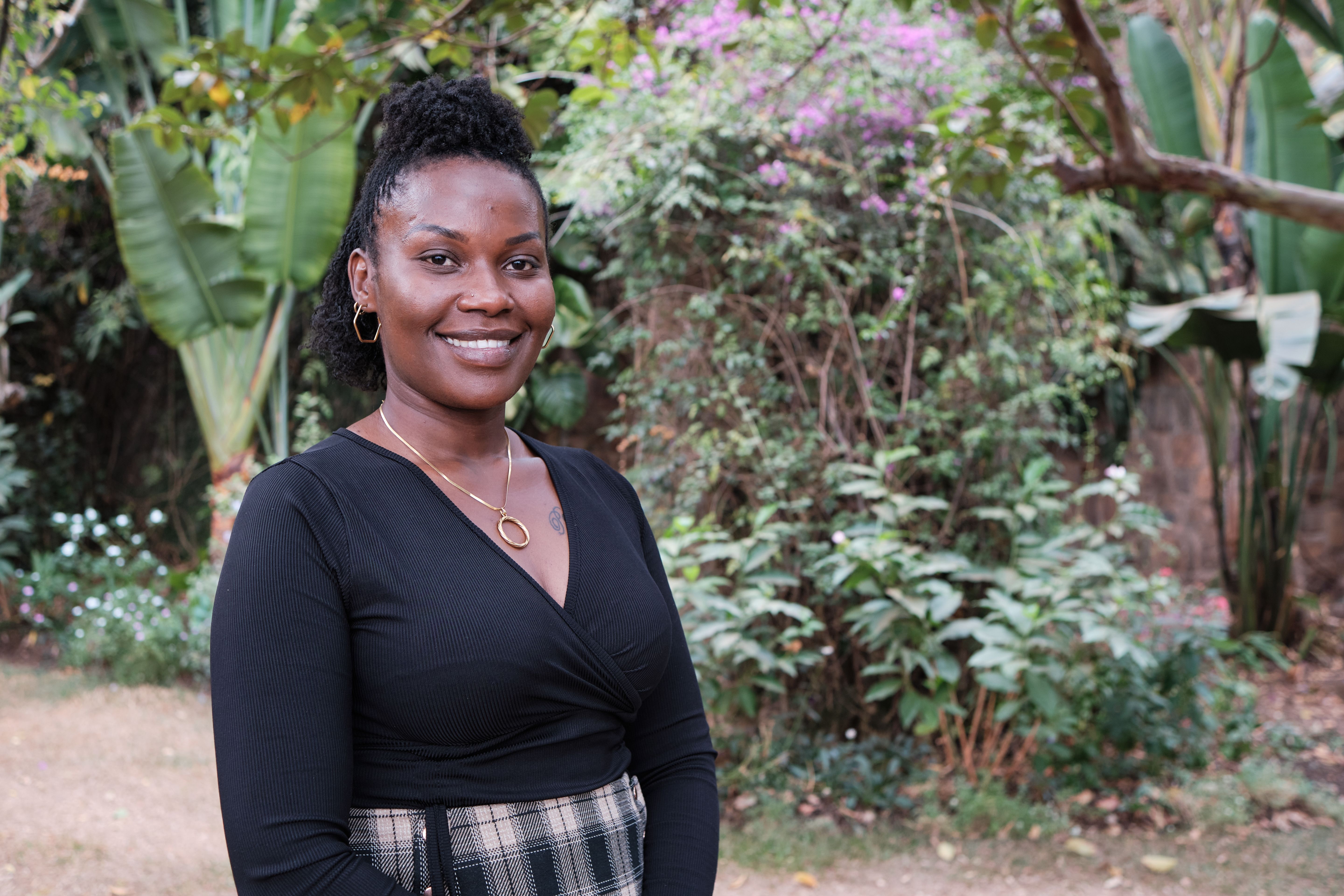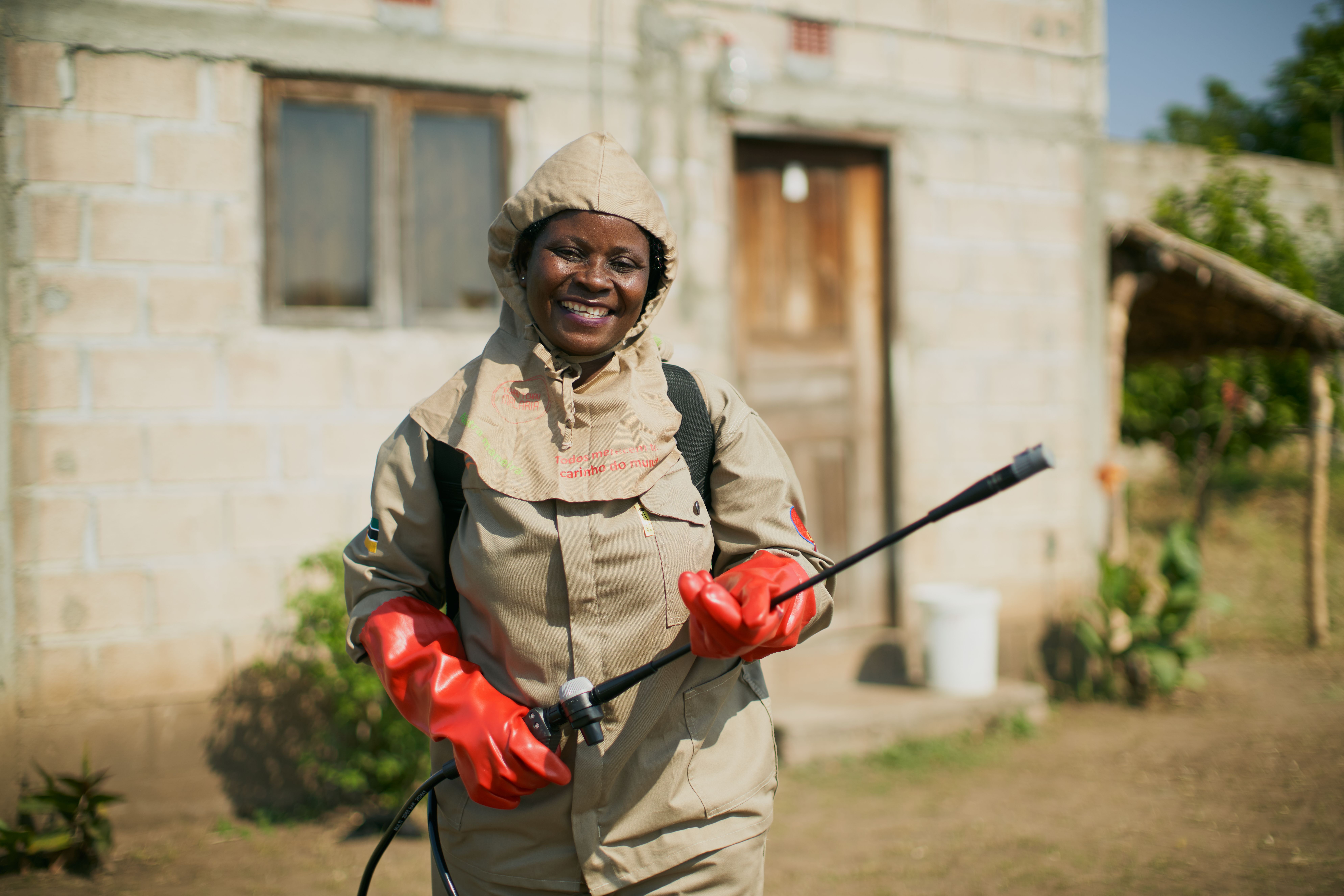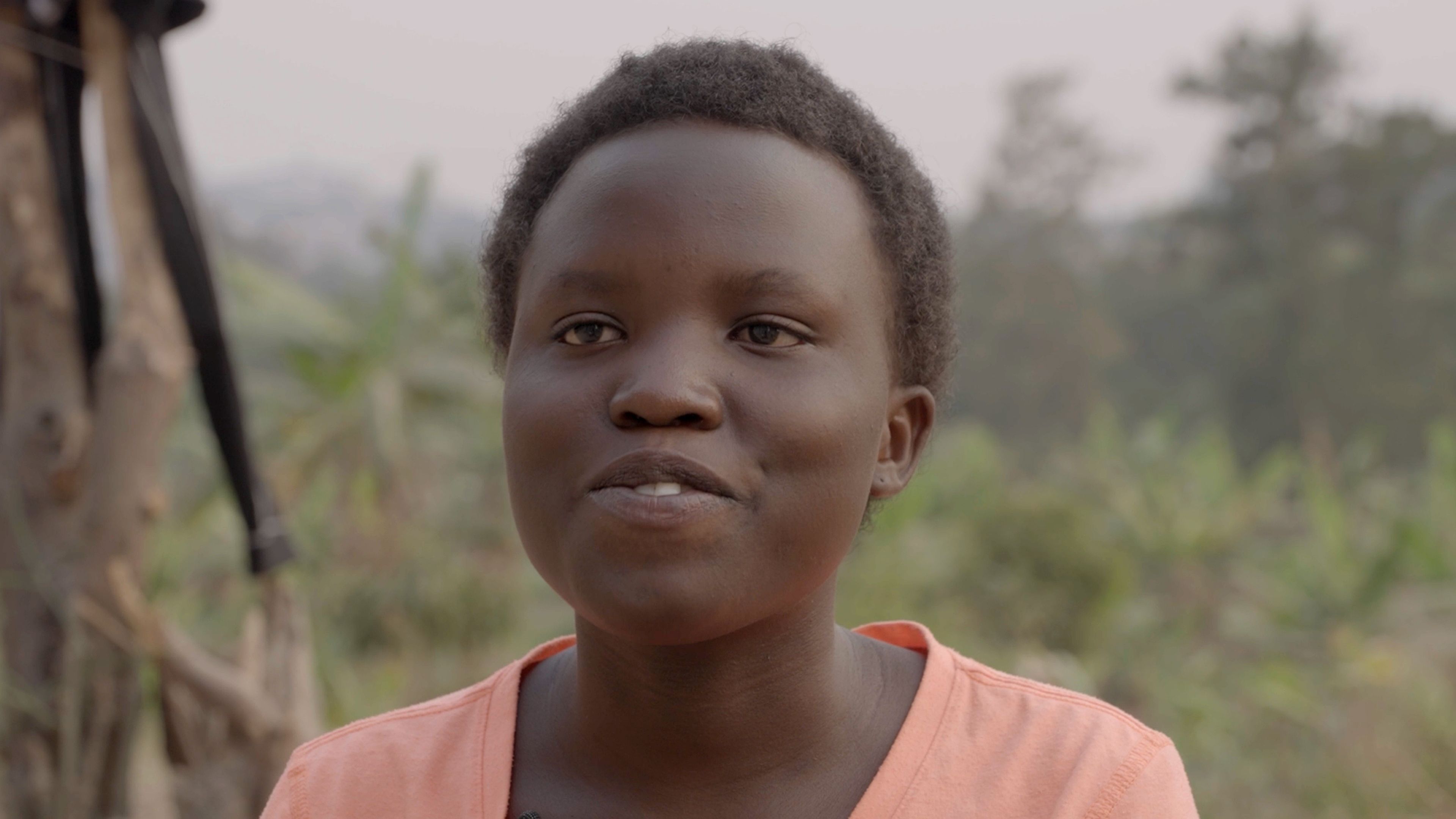
Jose and Anabela’s story
Mozambique
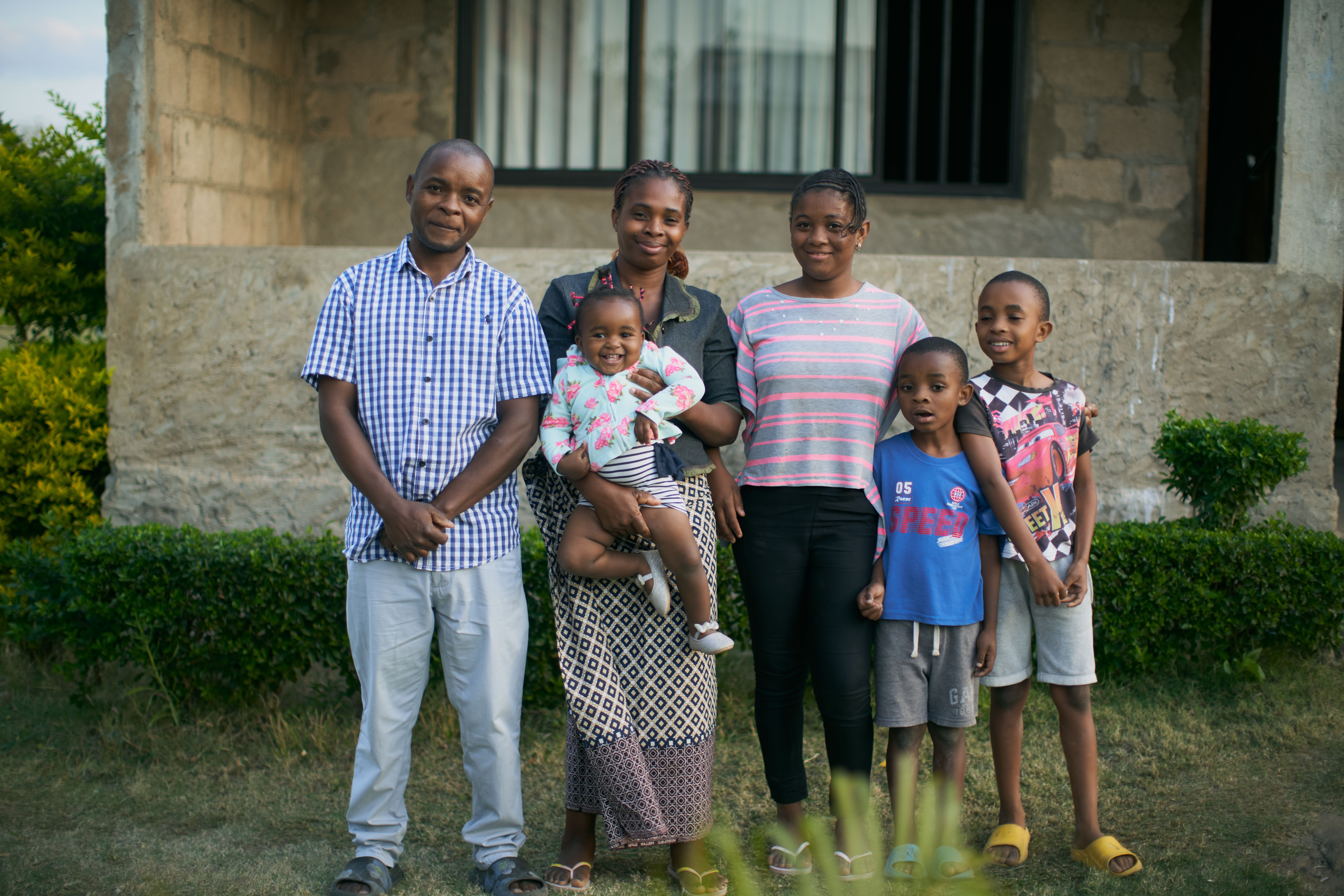
Jose and Anabela are parents to four children: Marta, fourteen, William, ten, Etelvino, seven, and Nassima, one. The memory of the cyclone that hit their community, Boane, when Anabela was nine months pregnant with baby Nassima is fresh in their minds.
Anabela remembers being woken by a neighbour in the early hours of the morning to find water rapidly rising around their homes. “With the help of neighbours, we had to improvise a ladder. They all went up.” As her children climbed onto the roof, Anabela gathered important documents and personal items from inside the home before they were destroyed. She was reluctant to climb due to her advanced pregnancy – but as the water rose, she had no choice. “I couldn’t stand it, I was already tired,” she says, “My belly was big, but God gave me strength. I climbed on top of the roof. We stayed there for hours.”
Jose, working a night shift at the time, had no idea of the situation his wife and children were in. He remembers calling Anabela that morning. “I called her: ‘how are things there at home?’ She said, ‘we’re on top of the house’! I asked, ‘What do you mean you’re on top of the house?’ She said, ‘It’s bad here’.”
Jose struggled to reach his family due to the flooding and chaos. “I tried to come here, I tried to come here – because what was hurting me was, she was pregnant.” But hours passed before boats were able to rescue those who were stranded and Jose could reunite with his wife and children.
It was a week before the family could return to their home, but the ordeal wasn’t over. The floodwater had receded, but large amounts of sitting water remained - a perfect breeding ground for malaria-carrying mosquitoes.“After the cyclone a lot of malaria emerged,” says Anabela.
“When my children got sick with malaria, I suffered a lot,” says Jose, “Their mother was also suffering from malaria. She was really suffering. She was shaking and grinding her teeth. I thought she was about to die.”
“I had a one-month-old baby, it wasn’t easy,” says Anabela, “I went to the hospital, there was no medicine – in fact, there was medicine – just that the medicine had finished because so many people were going there diagnosed with malaria.”
The rampant sickness in the aftermath of the cyclone was apparent at the overstretched hospital. “Hospitals were always crowded, children and adults sleeping, lying on the ground,” says Jose, “It was terrifying, it was really sad.”
“It wasn’t easy, to work, to eat, to take care of the children,” says Anabela, “I was afraid they would die, and if I die – the children, my husband, who was going to take care of them? Leaving my little children, my baby, especially as she was one month old. That disease is terrifying.”
Luckily, Jose and Anabela were able to obtain medicine for their children and for Anabela, and in time each made a full recovery. The experience was traumatic for the family. Jose still wakes in the middle of the night to anxiously check his children’s mosquito nets are in place. “I’m very afraid, very afraid of malaria that could one day return again, for me or my family,” he says.
Anabela and Jose appreciate the incredible efforts of programmes focused on their community, such as insecticide spraying interventions provided by TchauTchau Malaria that they say help keep malaria at bay. But as the climate changes, extreme weather events that wash away insecticide and leave homes plagued by dangerous stagnant water are becoming more common. To be able to cope with these challenges, malaria programmes and health systems need more funding.
Innovative tools like the new malaria vaccines – alongside other tools such as mosquito nets and indoor residual spraying - are a beacon of hope to worried parents like Jose and Anabela. “If I hear that there is a vaccine to eliminate malaria, I will rush to get the vaccine with my family,” Jose says. “I’d take my whole family to get the vaccine.”


